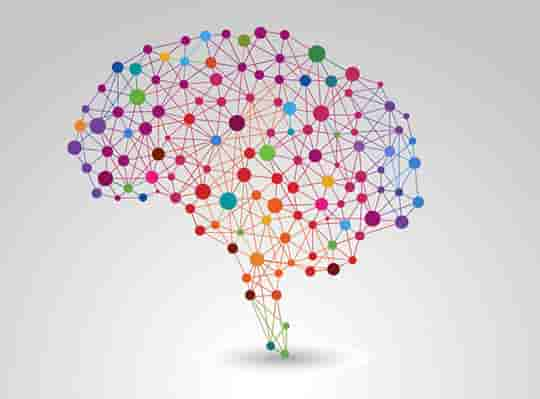What predicts why you remember some information and forget the rest?
The brain has to be ready to remember information or it is likely to be forgotten.
The hippocampus — the part of the brain important for memory — has to be in ‘encoding mode’.
In encoding mode, neurons in the hippocampus are firing at an accelerated rate.
Unfortunately, neuroscientists do not yet know how to put the hippocampus into encoding mode.
Professor John Wixted, study co-author, said:
“‘Encoding mode’, is more than simply paying attention to the task at hand.
It is paying attention to encoding, which selectively ramps up activity in the part of the brain that is the most important for making new memories: the hippocampus.
Since we know, based on earlier research, that people can actively suppress memory formation, it might be possible for people to get their hippocampus ready to encode as well.
But how one might go about doing that, we just don’t know yet.”
The conclusions come from a study of 34 epilepsy patients.
They were shown a series of words while the neuronal activity in various critical parts of their brain was monitored.
The results showed that the neuronal firing rate observed in the hippocampus about one second before a word was seen boosted its later recall.
Professor Stephen Goldinger, study co-author, said:
“If a person’s hippocampal neurons were already firing above baseline when they saw or heard a word, their brain was more likely to successfully remember that word later.”
Neuronal activity in other areas of the brain did not predict recall.
Professor Goldinger said:
“We think new memories are created by sparse collections of active neurons, and these neurons get bundled together into a memory.
This work suggests that when a lot of neurons are already firing at high levels, the neuronal selection process during memory formation works better.”
Neuroscientists have also suggested the brain has a ‘retrieval mode’ for when we want to recall memories.
Another study on those with epilepsy has shown that, like the encoding of memories, the neurons start to activate a second or more before people are aware of retrieving a memory.
The study was published in the journal PNAS (Urgolites et al., 2020).

